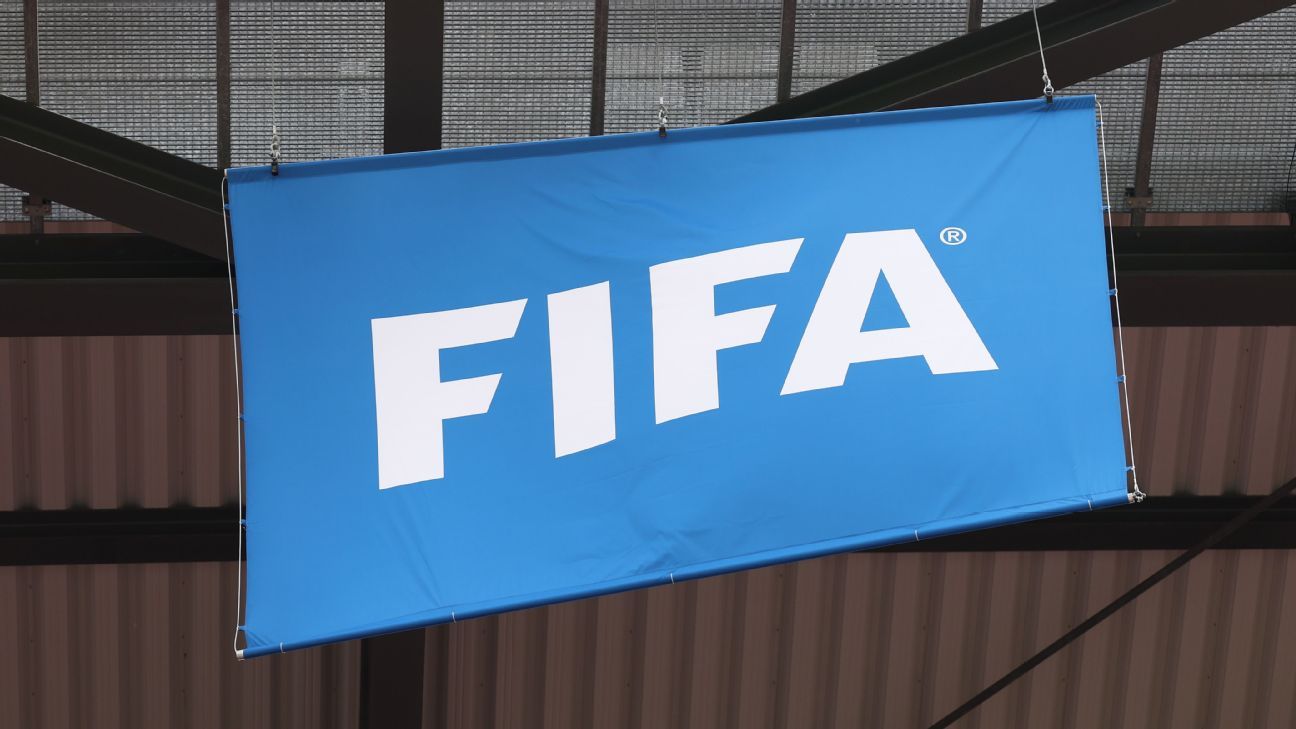The European Union’s highest court announced on Friday that FIFA’s decisions can be contested outside of Switzerland, potentially leading to lawsuits involving athletes, officials, and clubs. The European Court of Justice stated that a thorough examination of these rulings must occur in the 27 EU member states to adhere to EU law.
This ruling from the ECJ in Luxembourg means that EU national courts can now review decisions made by the Swiss-based Court of Arbitration for Sport (CAS), which also includes other sports organizations, marking a significant shift given that Switzerland is not part of the EU.
The court emphasized that CAS’s decisions should be subject to effective judicial review, ensuring they align with EU public policy. There was no immediate response from FIFA or CAS regarding this ruling.
This development could resolve a lengthy legal dispute involving Belgian club RFC Seraing and Maltese investment firm Doyen Sports, which contested FIFA’s regulations that restrict third-party ownership of player registration and transfer rights. The two parties brought their concerns to the Brussels commercial court in 2015, questioning if FIFA’s rules violated EU law. The ECJ’s decision did not directly address third-party ownership but focused on the scope of CAS’s rulings.
Jean-Louis Dupont, the lawyer for Seraing, called the ruling a significant victory for his client and the EU’s legal principles. Founded in 1984, the Court of Arbitration for Sport provides a binding platform for resolving sports disputes and appeals, crucial for athletes addressing disciplinary actions by Olympic bodies. With about 950 cases annually, soccer represents the majority of CAS’s workload. FIFA contributed 2.5 million Swiss francs ($2.75 million) to CAS in 2023, which constituted over 10% of the court’s revenue.
CAS rulings have limited avenues for appeal to the Swiss Supreme Court in Lausanne, where they are rarely overturned. In 2018, Seraing and Doyen were unsuccessful in their appeal to the Swiss federal court. The ECJ stated that the binding nature of CAS decisions on other courts contradicts EU law, representing a challenge to the authority of Swiss sports organizations.
This ruling aligns with other significant decisions by the Luxembourg-based court in recent years that have scrutinized FIFA and UEFA’s power under EU competition law.
Fan Take: This ruling is a game-changer for soccer fans, as it opens the door for greater legal scrutiny over FIFA’s policies, potentially leading to fairer regulations in player transfers and ownership. It represents a pivotal moment in the sport, pushing for transparency and accountability, which fans have long demanded.



